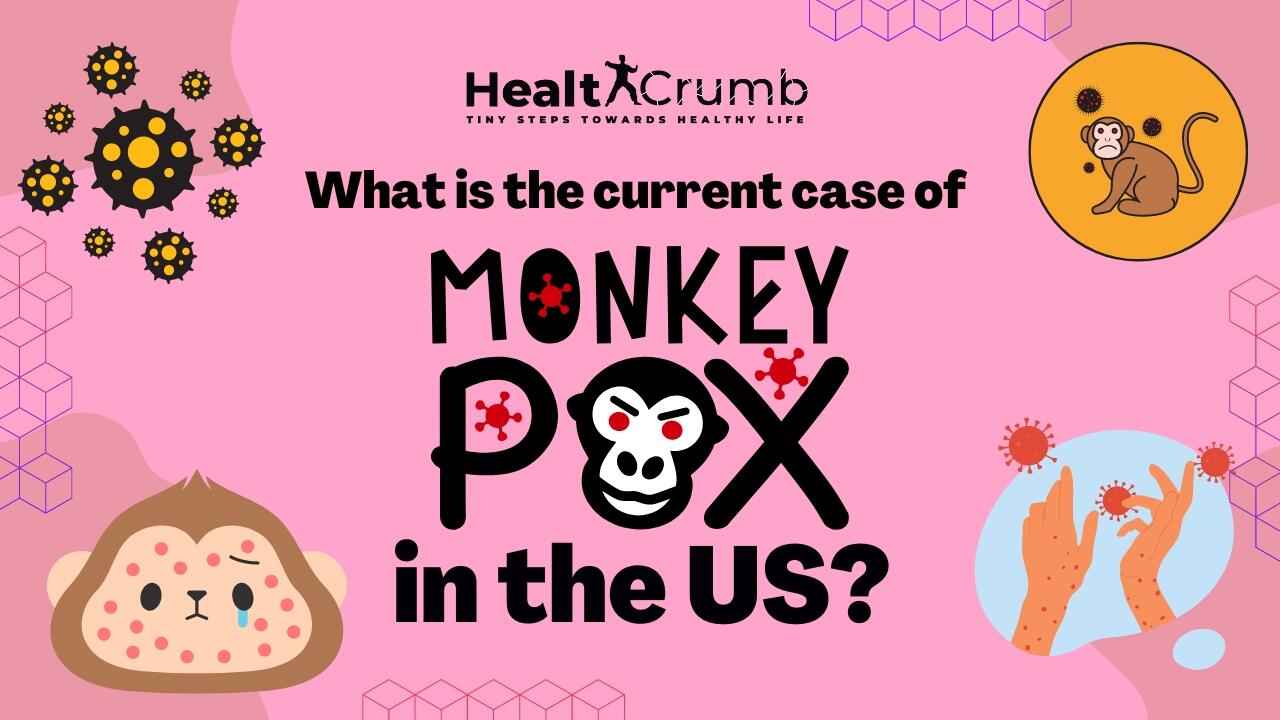Introduction
Pancreatic cancer is one of the most dangerous and difficult-to-detect cancers. It’s often not diagnosed until it’s too late. This is why it’s so important to be aware of the potential signs and symptoms of pancreatic cancer so that you can catch it early and improve your chances of survival. In this blog, we will discuss with you 5 signs of pancreatic cancer to look out for. Read on to know more.
What is pancreatic cancer?
The pancreas is a small organ that is located behind the stomach. It produces insulin and other hormones. Cancer of the pancreas is notoriously hard to detect in its early stages because it doesn’t usually cause any symptoms. By the time it does, the cancer has usually spread (metastasized) to other organs, making it very difficult to treat.
Pancreatic cancer starts in the tissues of your pancreas, located behind the lower part of your stomach. Your pancreas secretes enzymes that help digest food and produces hormones that regulate blood sugar levels. Pancreatic cancer can be difficult to detect early because it often doesn’t cause symptoms until it has spread to other parts of the body.
Pancreatic cancer is a serious and life-threatening illness and is the fourth leading cause of death by cancer in the United States. Each year, about 44,000 people are diagnosed with pancreatic cancer and more than 37,000 people die from the disease.
How is pancreatic cancer caused?
The pancreas is a gland that produces enzymes to help the body digest food. Pancreatic cancer usually starts in the cell ducts of the pancreas and then spreads to other organs of the body. This type of cancer most commonly starts near the end of one of these ducts.
Pancreatic cancer can also develop in the endocrine cells of the pancreas. These cells produce hormones that regulate blood sugar levels. Pancreatic cancer that starts in the endocrine cells is called islet cell carcinoma.
Pancreatic cancer is more common in people who have certain risk factors, such as smoking, diabetes, or a family history of pancreatic cancer.
5 signs of pancreatic cancer to look for (in 150 words)
Pancreatic cancer often goes undetected until it has advanced and is difficult to treat. Signs of pancreatic cancer to look for include:
- Jaundice: The yellowing of the skin and eyes may be due to a disease called jaundice. If you find your skin and eyes turning pale or yellowing, it may be a sign that you have jaundice, which may further be a sign of pancreatic cancer.
- Dark urine: Dark urine is another major sign of pancreatic cancer. In case you find that your urine is dark in color, please see a doctor as soon as possible, for you may be diagnosed with pancreatic cancer.
- Abdominal pain: Abdominal pain also plays a major factor in determining if you have pancreatic cancer. If you find yourself feeling some pain in your abdomen, consult your doctor immediately.
- Weight loss: Weight loss is another important symptom of pancreatic cancer. If you feel like you are losing a lot of weight recently, then it is recommended that you get yourself diagnosed as soon as possible.
- Loss of appetite: Getting diagnosed with pancreatic cancer may even cause eating disorders, leading to loss of appetite. If you find yourself losing your appetite too often, then please consult a professional as soon as possible.
If you experience any of these symptoms, especially if they are persistent, see your doctor for further evaluation.
How dangerous can pancreatic cancer be?
Pancreatic cancer is one of the most dangerous and aggressive types of cancer. It is also one of the hardest to detect early, as symptoms often do not appear until the cancer has progressed to a more advanced stage.
The five-year survival rate for pancreatic cancer is only about 6%, making it the fourth leading cause of cancer death in the United States. If you are concerned about your risk for pancreatic cancer, it is important to talk to your doctor.
If left untreated, pancreatic cancer can be fatal. It has a very high mortality rate, with less than 5% of patients surviving for more than five years after diagnosis. Pancreatic cancer is also very aggressive and often spreads quickly to other parts of the body. This makes it difficult to treat and increases the risk of death.
Several factors can increase your risk of pancreatic cancer, including smoking, obesity, and a family history of the disease.
While there are no guaranteed signs of pancreatic cancer, there are some signs that may be indicative of the disease. These include jaundice, dark urine, light stools, abdominal pain, weight loss, and loss of appetite.
If you experience any of these symptoms, it is important to see a doctor as soon as possible for further testing. While pancreatic cancer is difficult to treat, early detection can improve chances for successful treatment.
What to do if you are diagnosed with pancreatic cancer?
If you have been diagnosed with pancreatic cancer, it is important to work with your medical team to create a treatment plan.
There are many different treatment options available for pancreatic cancer, and the best option for you will depend on the stage of your cancer, your overall health, and your personal preferences.
Some people with pancreatic cancer may only need surgery to remove the tumor. Others may need a combination of surgery, chemotherapy, and/or radiation therapy.
Depending on the stage of your cancer, treatment may involve surgery, chemotherapy, radiation therapy, or a combination of these approaches. You may also need to make changes to your diet and lifestyle to help manage your symptoms and side effects.
It is important to keep in mind that pancreatic cancer is a very aggressive cancer, and even with treatment, the prognosis is often not good. However, there have been some recent advances in treatment options that are giving hope to people with this disease.
Treatment Options
If you have been diagnosed with pancreatic cancer, your treatment options will depend on the stage of your cancer. If your cancer is in the early stages, surgery may be an option. However, if your cancer has spread to other parts of your body, surgery may not be possible. In this case, you may receive radiation therapy or chemotherapy to help control the cancer.
Pancreatic cancer is a difficult disease to treat. The most important thing you can do is to seek medical help as soon as possible. If you have pancreatic cancer, it is important to talk to your doctor about all of your treatment options. Early diagnosis and treatment can improve your chances of beating the disease.
Prevention Options
There is no sure way to prevent pancreatic cancer. However, there are certain things that you can do to lower your risk of getting diagnosed with pancreatic cancer, such as:
- If you smoke, quitting smoking is the best way to reduce your risk of pancreatic cancer.
- Eating a healthy diet and maintaining a healthy weight may also help reduce your risk.
If you have a family history of pancreatic cancer, talk to your doctor about your risk and what you can do to lower it.
Conclusion
Pancreatic cancer can be a very dangerous form of cancer, but there are some signs of pancreatic cancer that you can look for that may indicate whether or not you are at risk. If you experience any of the following symptoms, it is important to see your doctor right away: unexplained weight loss, jaundice, pain in the abdomen or back, dark urine, and pale stools. Early detection is key with pancreatic cancer, so if you have any concerns whatsoever, don’t hesitate to get checked out by a professional.



